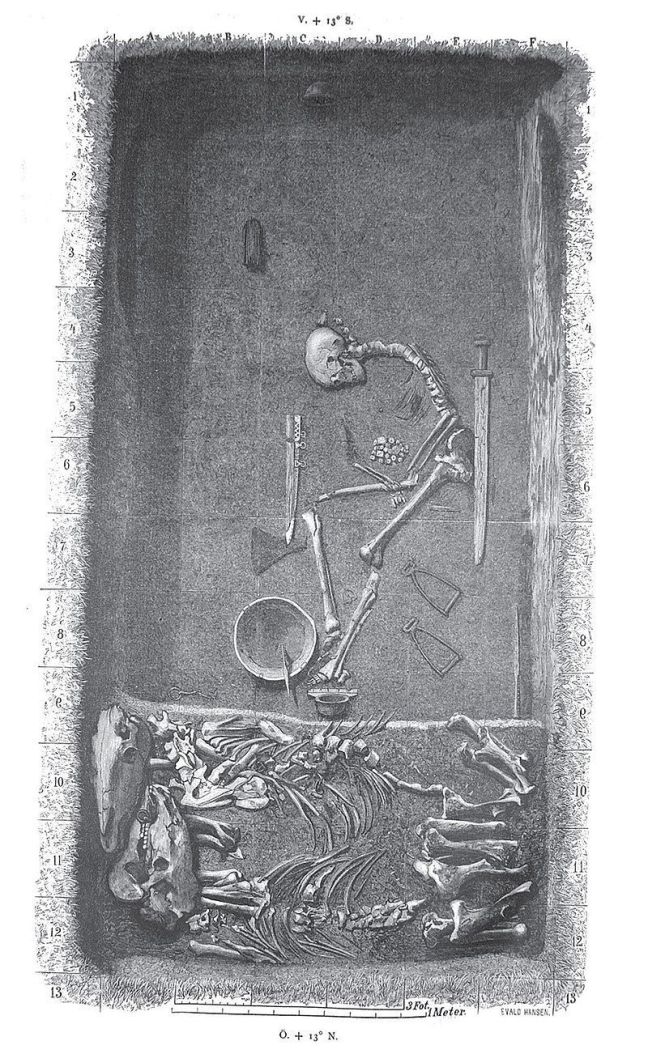Maybe what I miss most
Wasn’t the beige dwellings
housing our belongings.
Though I protected them with all my might
I longed to escape their confines.
Maybe what I miss most
wasn’t the calm lake that spilled
into the Baltic Sea.
Though it was a silent witness
where Solveig and I made secret love
beneath the twinkling eyes of the gods.
Maybe what I miss most
was a curl of Elin’s yellow hair
wisping up into the air
as she loosed her lethal arrow.
Cheeks flushed.
Eyes ablaze with the glory of war.
Maybe what I miss most
were sounds of military merriment in the tavern.
Victorious and raucous.
While I washed the blood off of my axe
in the quietness of the lake
that swallowed our stories into the water.
Maybe what I miss most
were the sounds of twenty boats
breaking a path through the Baltic Sea.
The promise of fortune and fate
drawing out the heaving breaths
of my army, working the oars through the black water
towards a destination far beyond
what we could see.

When the tomb was first uncovered, archaeologists assumed its occupant was a male warrior Public domain
Inspired by the very real historical Viking Warrior, who was first assumed to be male upon excavation in 1878. (And also inspired by a song with the same refrain). Due to the remains being buried with an arsenal of weapons and a game set, used in strategic thinking, it was clear that it was a warrior’s tomb.
It took more than a hundred years later for someone to examine the bones and confirm that the lack of Y-chromosomes indicates the remains were female. This caused much controversy. But the evidence speaks for itself, and the myth of the female Viking warrior became fact.
The artifacts in the tomb indicated she was a high ranking warrior. My poem tries to capture life through the eyes of this dead warrior, in the Viking village of Birka.
Geography plays a major role in the activities and organisation of a community. In this case, Birka (located in Sweden) was a major trading post between Northern Europe and the rest of the world.
Anthropological and historical studies show that much of what the modern world perceives as uniquely masculine or feminine gets debunked by findings such as these. Where medieval and sometimes ancient customs do not have the same roles and customs assigned to specific genders as we do today.
Written for dVerse Poets Pub
**Image from Smithsonian.com.



